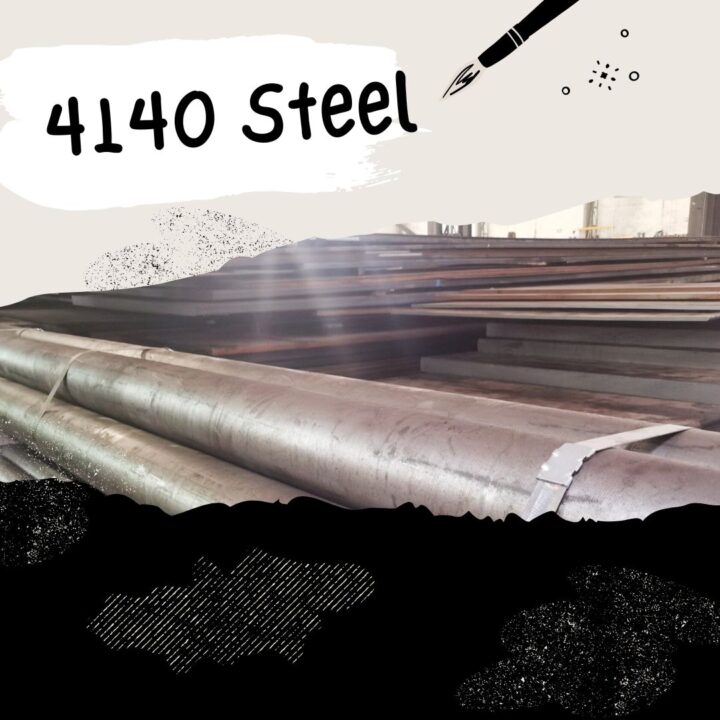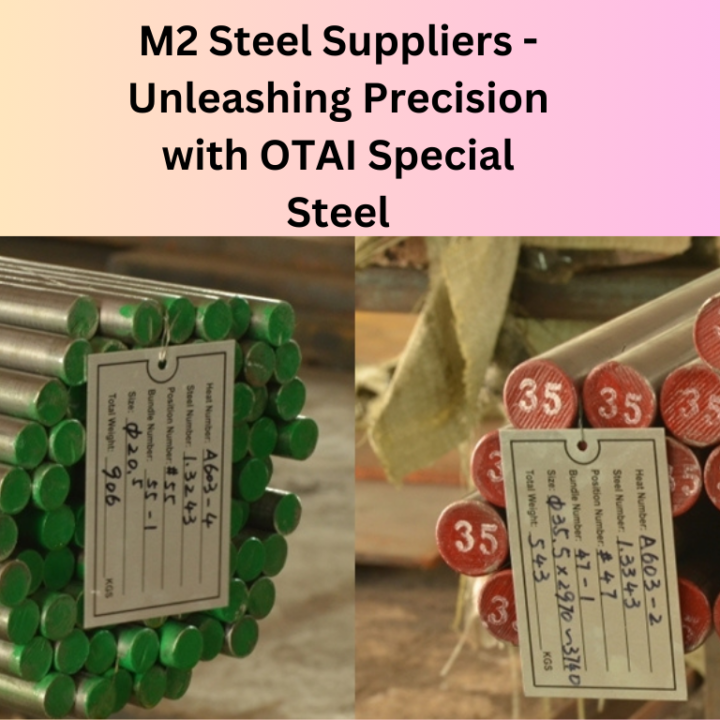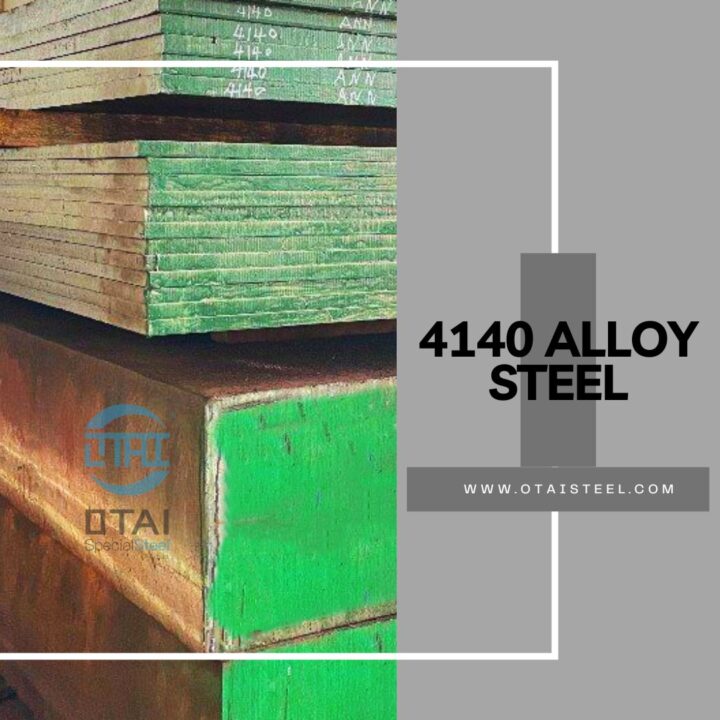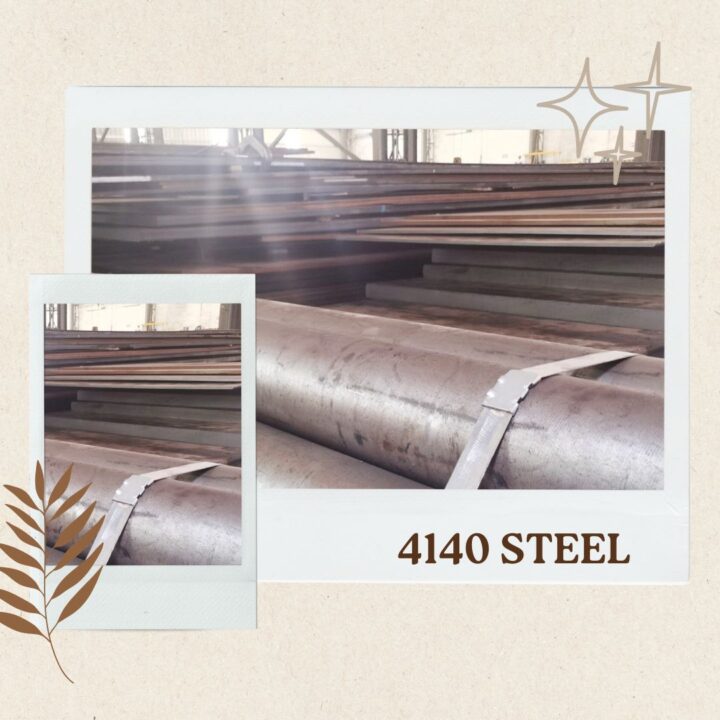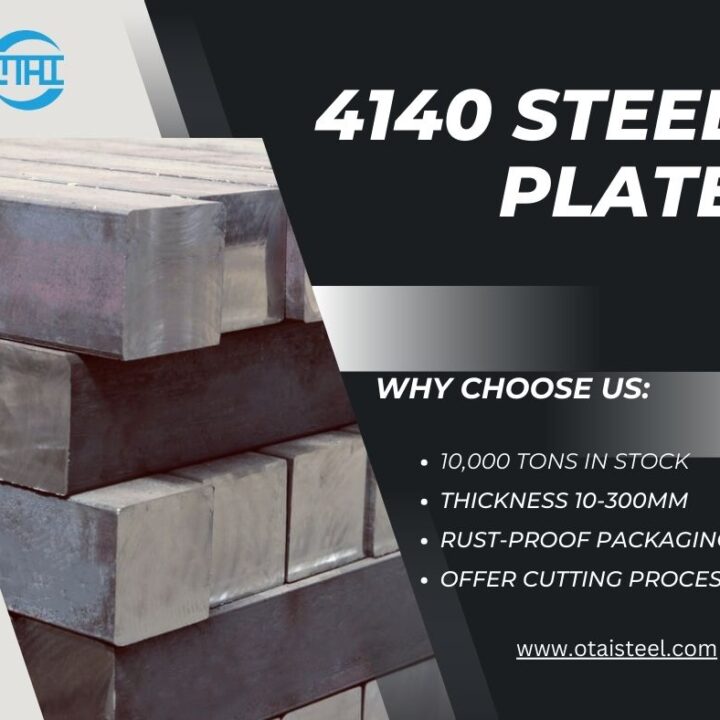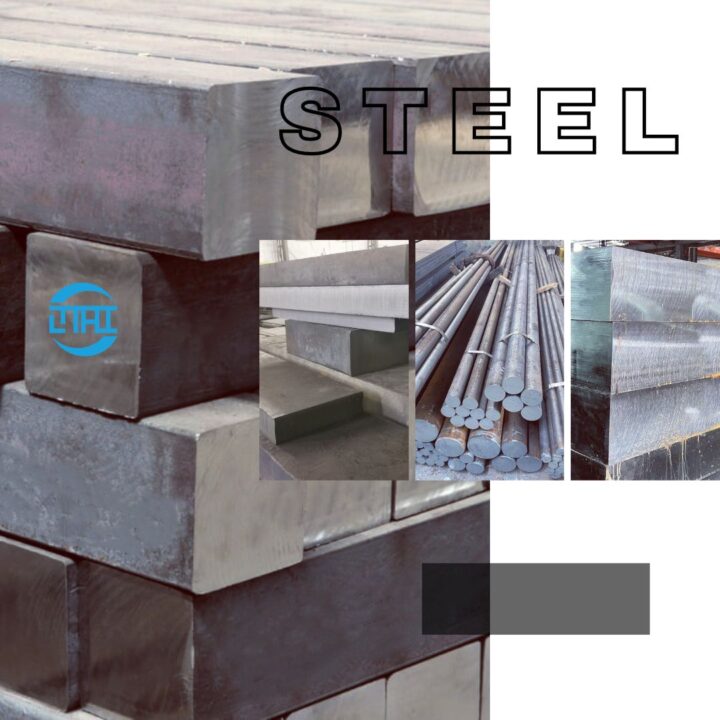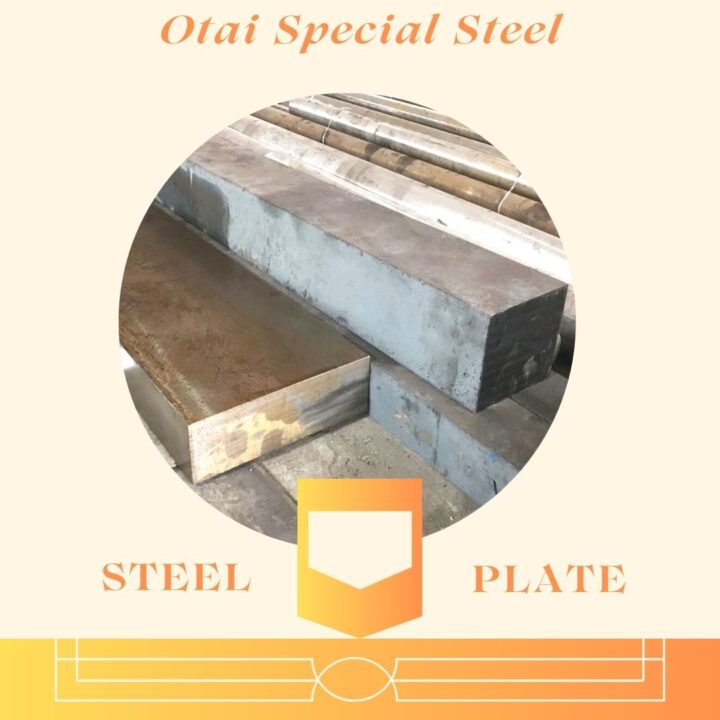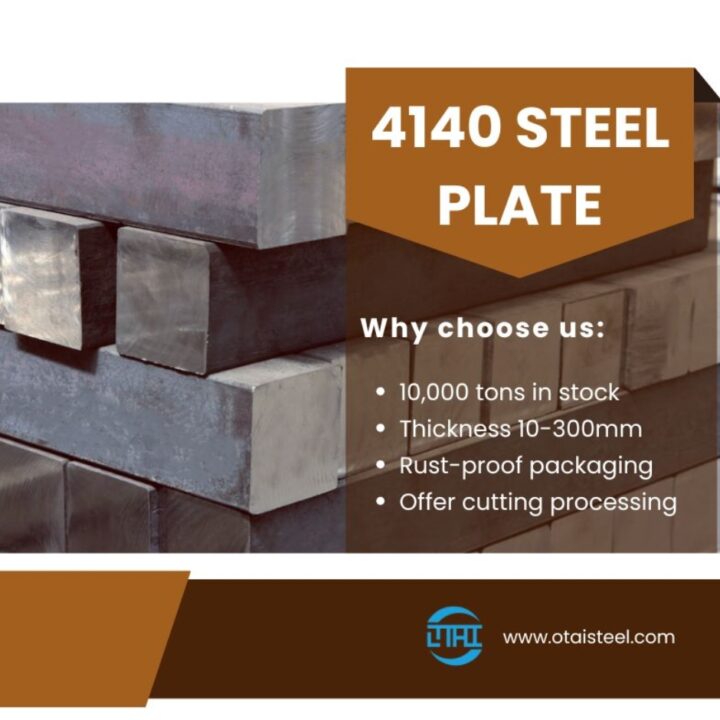4140 steel is a low alloy steel that has excellent mechanical properties, such as high strength, toughness and wear resistance. It is widely used in various applications, such as automotive, aerospace, oil and gas, and construction industries. However, 4140 steel is also susceptible to corrosion, especially in chloride environments, which can reduce its performance and durability. Therefore, there is a need to develop effective and eco-friendly surface coatings that can protect 4140 steel from corrosion and extend its service life. (surface coatings for 4140 steel)
Metal-based coatings
Metal-based coatings are coatings that consist of metals or metal alloys that are applied on the surface of 4140 steel by various techniques. Such as electroplating, thermal spraying, or physical vapor deposition. Metal-based coatings can provide a physical barrier between the steel substrate and the corrosive environment. As well as a sacrificial protection by acting as anodes to the steel cathodes. Some examples of metal-based coatings are zinc (Zn), magnesium (Mg), aluminum (Al), nickel (Ni), and their alloys.
One of the challenges of metal-based coatings is to achieve a good adhesion between the coating and the substrate, as well as a uniform and defect-free coating morphology. Another challenge is to minimize the environmental impact of the coating process. Such as the use of toxic chemicals, high energy consumption, or waste generation.
One of the recent studies that addressed these challenges was conducted by Ramkumar, who fabricated ZnO-Mg coatings on 4140 steel by spray coating technology. Spray coating is a simple and low-cost technique that involves spraying a solution of metal salts onto a heated substrate. It is followed by thermal decomposition and oxidation to form metal oxide coatings.
Organic-based coatings
Organic-based coatings are coatings that consist of organic polymers or compounds that are applied on the surface of 4140 steel by various techniques, such as painting, dipping, or spraying. Organic-based coatings can provide a chemical barrier between the steel substrate and the corrosive environment. As well as an active protection by inhibiting the corrosion reactions or healing the coating defects. Some examples of organic-based coatings are epoxy, polyurethane, acrylic, silicone, and their composites.
One of the challenges of organic-based coatings is to achieve a good compatibility between the coating and the substrate. As well as a high durability and stability of the coating under harsh conditions. Another challenge is to design green and sustainable organic materials that are biodegradable, renewable, or recyclable.
One of the recent studies that addressed these challenges was conducted by Lgaz et al, who designed green corrosion inhibitors based on plant extracts for epoxy-coated 4140 steel. Plant extracts are natural sources of organic compounds that can act as corrosion inhibitors by adsorbing on the metal surface and forming a protective film. (surface coatings for 4140 steel)
